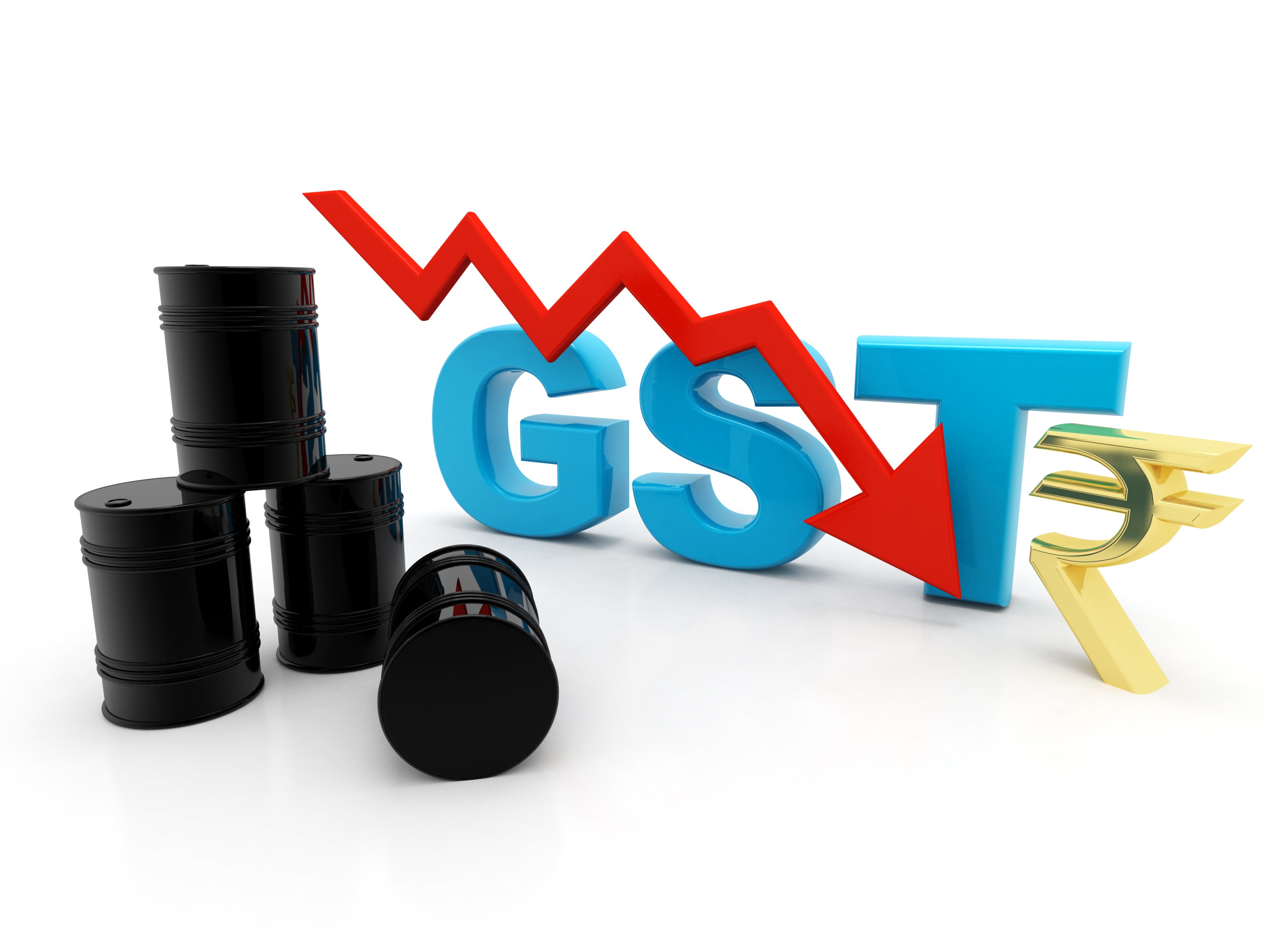With effect from 1 July 2020, the government implements changes in stamp duty on shares, mutual funds, debentures and other financial instruments. Mutual funds will attract stamp duty on the issue of units, transfer and switch-in between schemes. Equities and commodities attract a uniform tax in place of different rates charged by various states.
The amendments to the Stamp Act were made last year but deferred the implementation twice. The new rates are effective 1 July 2020:
| Mutual fund purchases/switch-in | 0.005% |
| Mutual fund transfer | 0.015% |
| Purchase of shares | 0.005% |
| Transfer of shares | 0.015% |
| Debenture issues | 0.005% |
| Transfer and re-issue of debentures | 0.0001% |
| Options (equity and commodity) and transfer of a security on a non-delivery basis (other than debentures) | 0.003% |
| Futures (Equity and Commodity) | 0.002% |
| Currency and Interest Rate Derivatives | 0.0001% |
| Other Derivatives | 0.002% |
| Government Securities | 0% |
| Repo on Corporate Bonds | 0.00001% |
The mutual fund units did not have a stamp duty earlier. The new rates also apply to systematic investment plans (MF purchases) and systematic withdrawal plans (mutual fund SWP). Investors need to pay the stamp duty on their monthly investments and withdrawals. The rate is low and hence may not affect small investments. Also, the stamp duty does not impact returns on long-term investments.
A redemption of mutual fund units will, however, not attract the stamp duty.
Investors investing in overnight funds or liquid funds are likely to pay a higher stamp duty due to high frequency of the transactions.
Off-market transactions (without consideration) such as gifts of financial instruments, transfer under an inheritance, from one Demat account to another will not attract stamp duty. However, off-market transfers with consideration will attract a 0.015% stamp duty.
The stamp duty is only on one of the sides, either the buyer or the seller. Both the buyer and seller are not liable, except in case of financial instruments which require stamp duty to be borne by both the parties in equal proportion.
Under the earlier law, both buyer and seller paid stamp duty, and the rates varied between different states on shares and commodity transactions. The changes in the stamp duty rates seek to bring in uniformity and affordability of stamp duty charges on financial instruments across India.
For any clarifications/feedback on the topic, please contact the writer at sweta.dugar@cleartax.in
I am a Chartered Accountant by profession. I specialise in personal taxes and corporate income tax matters. I am an avid reader and track developments in financial markets, economy and other market developments.





